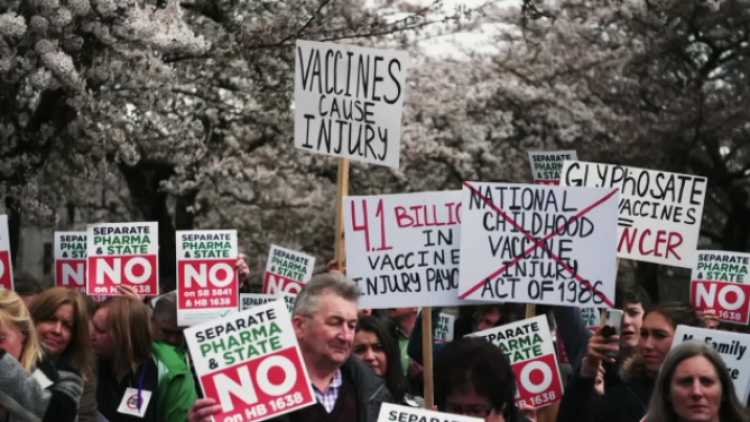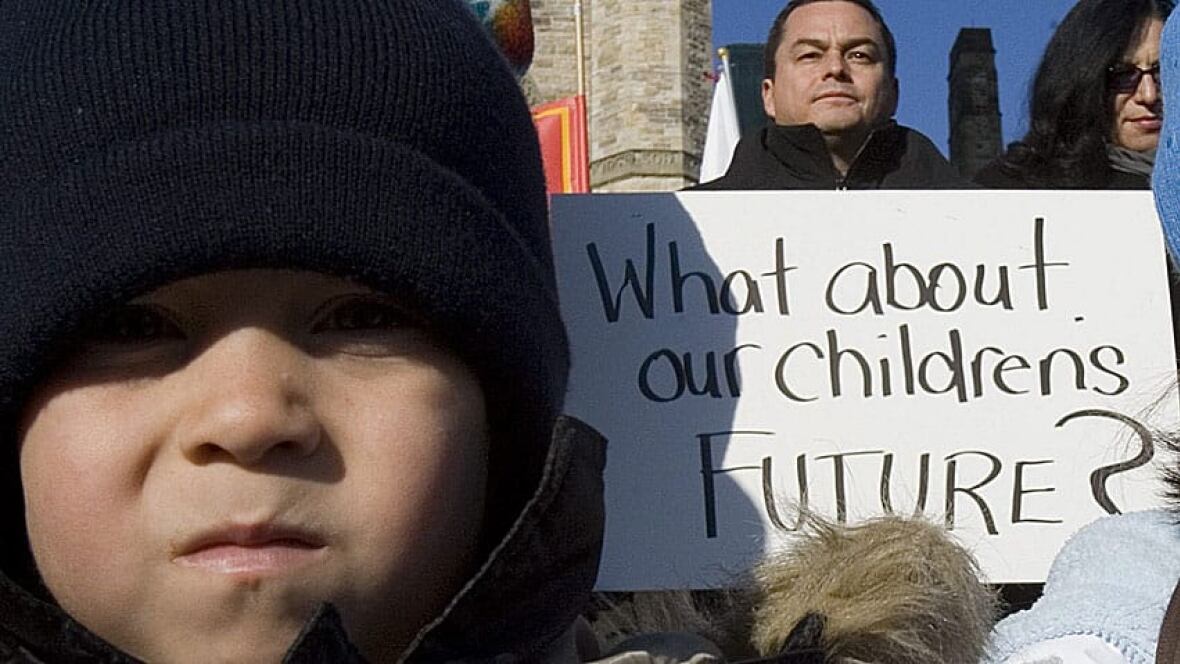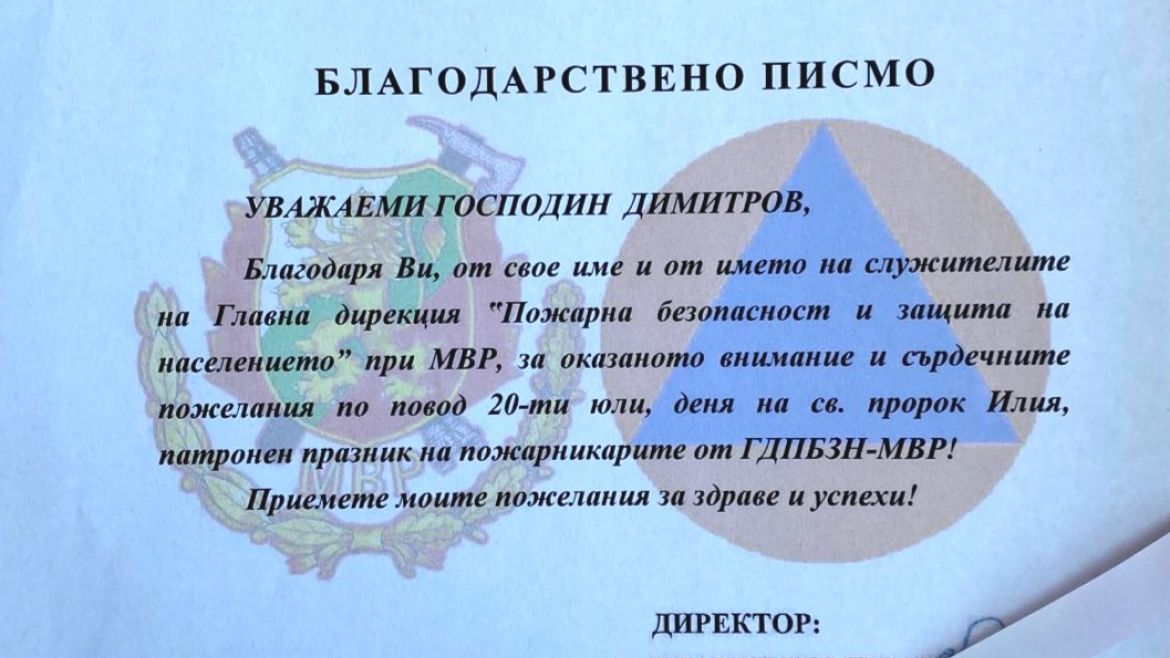The Ongoing Threat Of Measles: Challenges And Solutions

Table of Contents
Measles, a highly contagious viral infection, continues to pose a significant global health threat despite the availability of a safe and effective vaccine. This easily spread illness, characterized by fever, cough, and a distinctive rash, can lead to serious complications, including pneumonia, encephalitis, and even death. This article will explore the persistent challenges in measles control and eradication, and discuss crucial solutions to mitigate its impact. Understanding the ongoing threat of measles is vital for protecting communities and preventing future outbreaks.
The Persistent Challenges of Measles Eradication
Vaccine Hesitancy and Misinformation
The rise of vaccine hesitancy, fueled by misinformation and anti-vaccine movements, significantly hinders measles vaccination rates. The spread of false information through social media and unreliable sources has created a climate of fear and distrust, impacting public perception of vaccines' safety and efficacy. This decreased vaccine uptake leaves communities vulnerable to outbreaks, even in areas with readily available vaccines.
- Decreased vaccine uptake: Lower immunization rates directly correlate with increased measles susceptibility.
- Increased susceptibility to outbreaks: Unvaccinated populations provide fertile ground for measles outbreaks to flourish.
- Spread of false information online: Social media platforms often become vectors for misleading information about vaccine safety.
- Lack of trust in healthcare professionals: Erosion of trust in medical experts makes it difficult to counter misinformation effectively.
Successful public health campaigns addressing vaccine hesitancy often leverage trusted community leaders and healthcare professionals, using clear, evidence-based communication to counter misinformation. These initiatives emphasize the proven safety and efficacy of the measles vaccine and address specific concerns raised by hesitant parents and individuals.
Global Health Inequalities and Access to Vaccines
Limited access to healthcare, particularly in developing countries, poses a major obstacle to measles eradication. Poverty, conflict, and inadequate healthcare infrastructure contribute to low vaccination coverage and increased vulnerability to outbreaks. Logistical challenges, such as reaching remote communities, further compound the issue.
- Unequal distribution of vaccines: Vaccines are not evenly distributed across the globe, leaving many underserved populations at risk.
- Logistical challenges in remote areas: Delivering vaccines to remote or conflict-affected regions can be difficult and expensive.
- Insufficient healthcare workers: A shortage of trained healthcare professionals hinders vaccination efforts in many parts of the world.
- Poverty and displacement: Poverty and displacement often limit access to healthcare services, including vaccination.
International collaboration and resource allocation are vital to ensuring equitable vaccine access. Partnerships between international organizations, governments, and NGOs are essential to overcoming logistical barriers and providing resources to support vaccination programs in low-resource settings.
The Evolving Nature of the Measles Virus
While the measles vaccine is highly effective, the potential for the measles virus to mutate and develop resistance to existing vaccines remains a concern. Continuous surveillance and research are crucial to monitor viral evolution and identify potential threats.
- Viral mutations: The measles virus can mutate, potentially affecting vaccine efficacy.
- Potential for vaccine escape: Mutations could lead to strains that evade the protection offered by current vaccines.
- Need for continuous monitoring: Ongoing surveillance is essential to track viral evolution and assess vaccine effectiveness.
- Development of improved vaccines: Research into improved vaccines that offer broader protection against emerging strains is ongoing.
Effective Solutions to Combat the Measles Threat
Strengthening Vaccination Programs
Increasing global vaccine coverage requires a multi-pronged approach, including improved vaccine delivery systems, increased funding for vaccination programs, and the implementation of routine childhood immunization schedules and catch-up campaigns.
- Increased funding for vaccination programs: Adequate funding is essential to ensure sufficient vaccine supply and support vaccination campaigns.
- Improved vaccine access: Expanding access to vaccines in underserved areas is crucial for achieving high coverage rates.
- Community outreach initiatives: Engaging communities in vaccination efforts through education and awareness campaigns is vital.
- Targeted vaccination campaigns: Implementing targeted campaigns in areas with low vaccination rates can help to quickly boost immunity.
Addressing Vaccine Hesitancy Through Education and Communication
Effective communication is key to addressing vaccine hesitancy. Public health campaigns should focus on debunking myths and providing accurate information about the safety and effectiveness of measles vaccines.
- Public health campaigns: Large-scale campaigns can help to reach a wide audience and disseminate accurate information.
- Targeted communication strategies: Tailoring communication strategies to specific audiences can increase engagement and effectiveness.
- Collaboration with influencers: Partnering with trusted community leaders and influencers can build trust and promote vaccine acceptance.
- Fact-checking initiatives: Combating misinformation requires actively identifying and correcting false claims about vaccines.
Global Collaboration and Surveillance
International cooperation is essential for effectively monitoring measles outbreaks and sharing data to inform timely responses. The World Health Organization (WHO) plays a critical role in coordinating global efforts.
- International data sharing: Sharing data on measles outbreaks allows for a better understanding of the disease's spread and helps to inform prevention strategies.
- Rapid response teams: Having teams ready to respond to outbreaks quickly is essential for containing the spread of infection.
- Global surveillance networks: Robust surveillance networks are critical for early detection and rapid response to outbreaks.
- Coordinated eradication efforts: Global collaboration is needed to coordinate efforts to eliminate measles worldwide.
Conclusion
The ongoing threat of measles highlights the urgent need for sustained global efforts to achieve eradication. Addressing vaccine hesitancy through effective communication, improving access to vaccines, and strengthening surveillance systems are crucial steps. By working collaboratively and investing in robust public health interventions, we can significantly reduce the burden of measles and protect vulnerable populations. Let's continue the fight to eliminate the ongoing threat of measles through increased awareness and commitment to vaccination. Get vaccinated, protect yourself, and protect your community.

Featured Posts
-
 Serial Killers Death Bath Six Victims Brutal Dismemberment And The Investigation
May 30, 2025
Serial Killers Death Bath Six Victims Brutal Dismemberment And The Investigation
May 30, 2025 -
 Analysis Of Child Welfare Intervention Rates For First Nations Parents In Manitoba 1998 2019
May 30, 2025
Analysis Of Child Welfare Intervention Rates For First Nations Parents In Manitoba 1998 2019
May 30, 2025 -
 Everything You Need To Know About Bts Before Their 2025 Reunion Disbandment And Jungkook
May 30, 2025
Everything You Need To Know About Bts Before Their 2025 Reunion Disbandment And Jungkook
May 30, 2025 -
 Google Faces Constitutional Challenge From Competition Bureau
May 30, 2025
Google Faces Constitutional Challenge From Competition Bureau
May 30, 2025 -
 Review Kawasaki W175 Cafe Apakah Sepadan Dengan Harganya
May 30, 2025
Review Kawasaki W175 Cafe Apakah Sepadan Dengan Harganya
May 30, 2025
Latest Posts
-
 Grigor Dimitrov Vliyanieto Na Kontuziyata Vrkhu Karierata Mu
May 31, 2025
Grigor Dimitrov Vliyanieto Na Kontuziyata Vrkhu Karierata Mu
May 31, 2025 -
 Kontuziyata Na Grigor Dimitrov Aktualna Informatsiya I Analiz
May 31, 2025
Kontuziyata Na Grigor Dimitrov Aktualna Informatsiya I Analiz
May 31, 2025 -
 Trumps Uncertainty What Made Him Question Elon Musk
May 31, 2025
Trumps Uncertainty What Made Him Question Elon Musk
May 31, 2025 -
 Uncertainty And The End Trumps Doubts About Elon Before The Break
May 31, 2025
Uncertainty And The End Trumps Doubts About Elon Before The Break
May 31, 2025 -
 Everything Revealed In The Star Trek Strange New Worlds Season 3 Teaser
May 31, 2025
Everything Revealed In The Star Trek Strange New Worlds Season 3 Teaser
May 31, 2025
